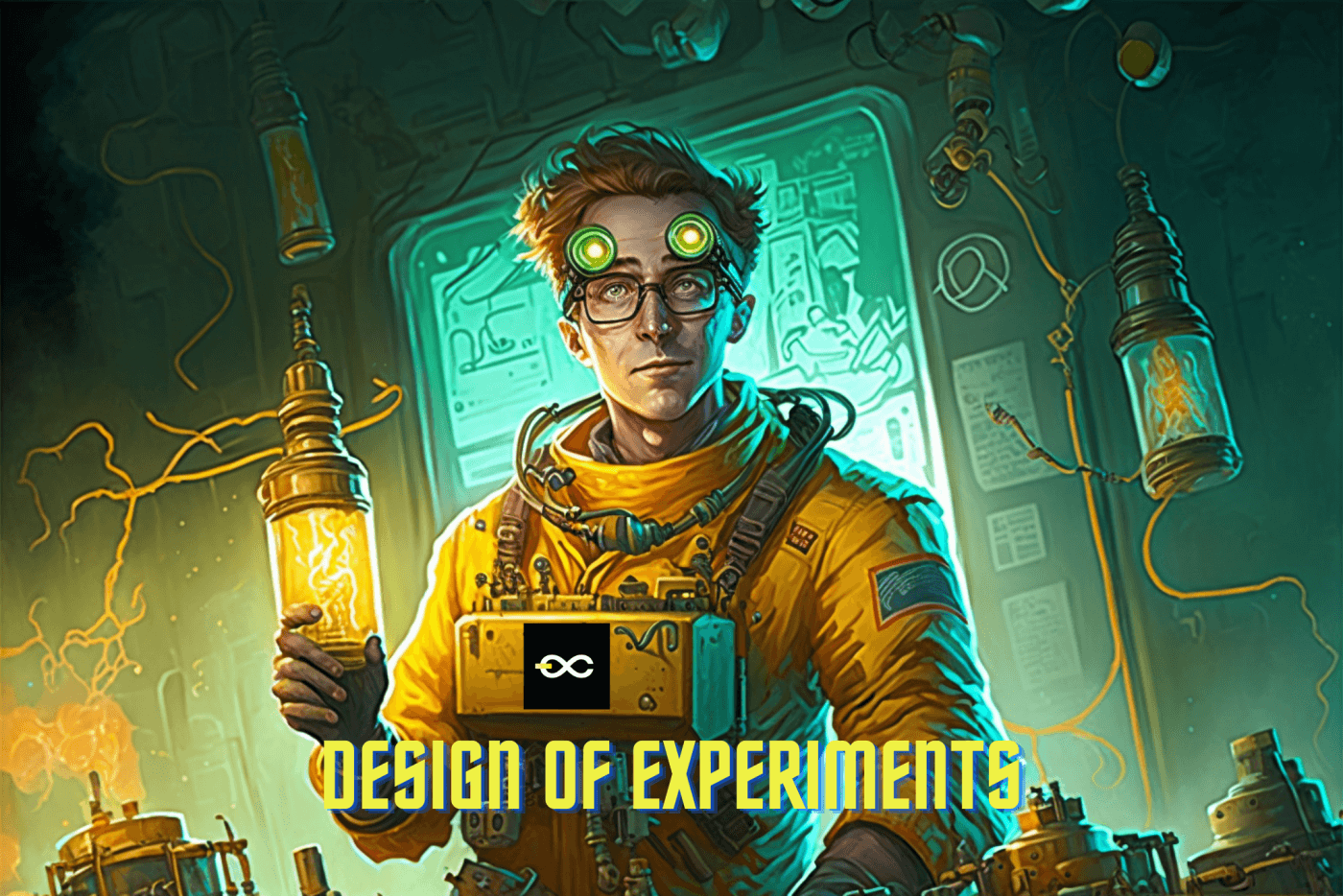Full Factorial Design in DOE
Full factorial design is a type of design of experiments (DOE) that involves testing all possible combinations of the variables being studied. It is used to identify the relationships between different variables and their impact on the output of a process or system, as well as to optimize processes and improve product or service quality.
One of the key features of full factorial design is that it allows for the estimation of main effects and interactions between variables. Main effects refer to the individual impact of each variable on the outcome, while interactions refer to the combined effect of two or more variables on the outcome. By testing all possible combinations of variables, full factorial design allows for the estimation of both main effects and interactions, providing a more comprehensive understanding of the relationships between variables.
For example, consider a manufacturing process in which the output is affected by two variables: temperature and pressure. A full factorial design would involve testing all possible combinations of temperature and pressure, such as low temperature and low pressure, low temperature and high pressure, high temperature and low pressure, and high temperature and high pressure. By analyzing the results of these tests, it would be possible to determine the main effects of temperature and pressure on the output, as well as any interactions between the two variables.
Full factorial designs can be used in a variety of settings, including manufacturing, research and development, and quality control. They are particularly useful in situations where there are a small number of variables and the relationships between them are well understood.
One limitation of full factorial design is that it can become impractical as the number of variables increases. In such cases, fractional factorial designs may be used, which involve testing a subset of the possible combinations of variables. Fractional factorial designs allow for the estimation of main effects and some interactions, but may not provide as comprehensive an understanding of the relationships between variables as full factorial designs.
Overall, full factorial design is a powerful tool for understanding the relationships between different variables and their impact on a process or system. By testing all possible combinations of variables, organizations can make informed decisions and drive continuous improvement. It is important to carefully plan and execute full factorial designs in order to accurately interpret the results and apply them to process optimization and improvement efforts.
visit Excedify to learn more
Design of Experiments (DoE) course
-
.png)
Design of Experiments (DoE)
Course5.0 average rating (4 reviews)Learn Design of Experiments (DOE) from foundational principles to advanced optimization techniques, and apply it to elevate any process, product, or system. Develop the ability to plan and execute statistically sound experiments, interpret data with
Purchase$145
